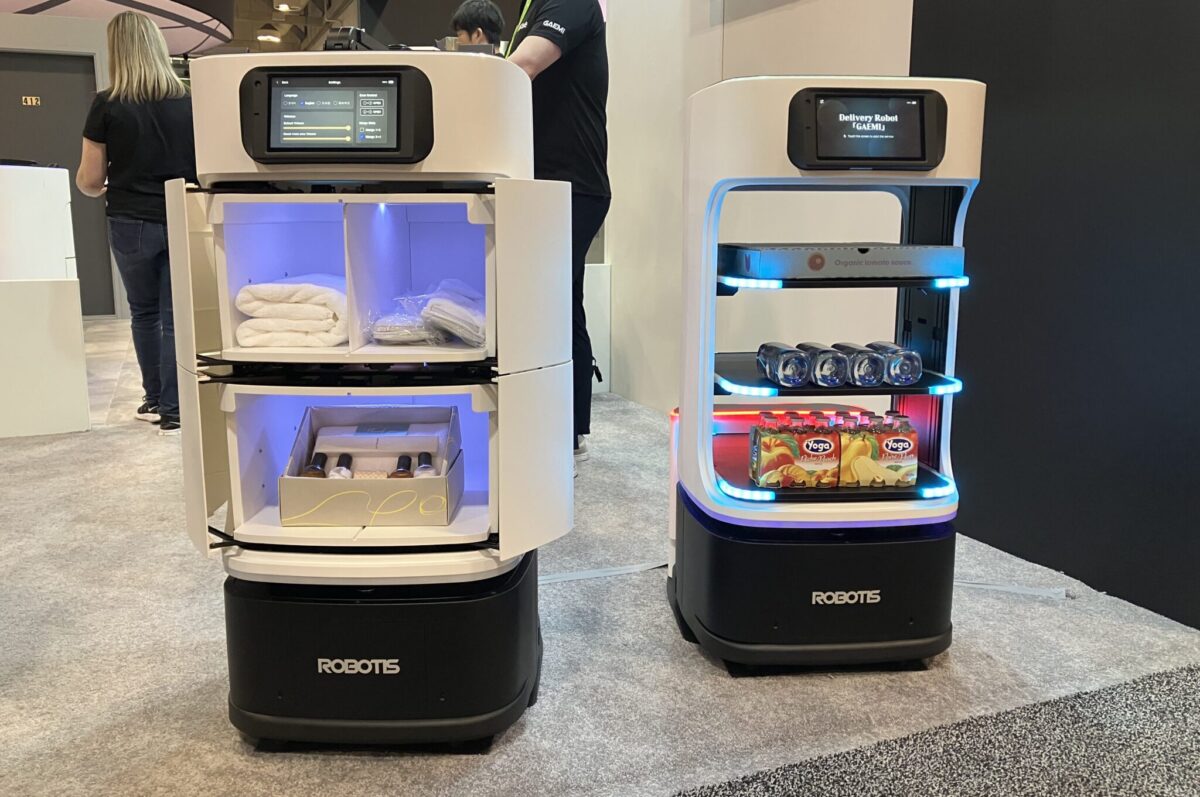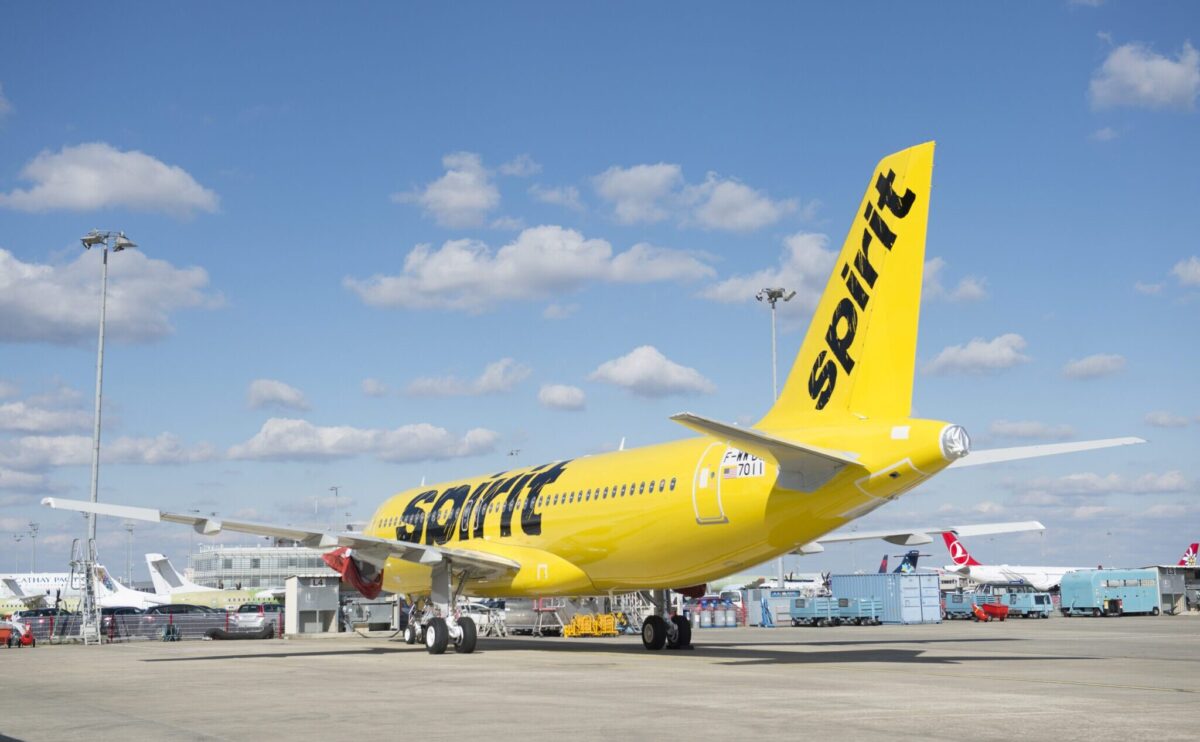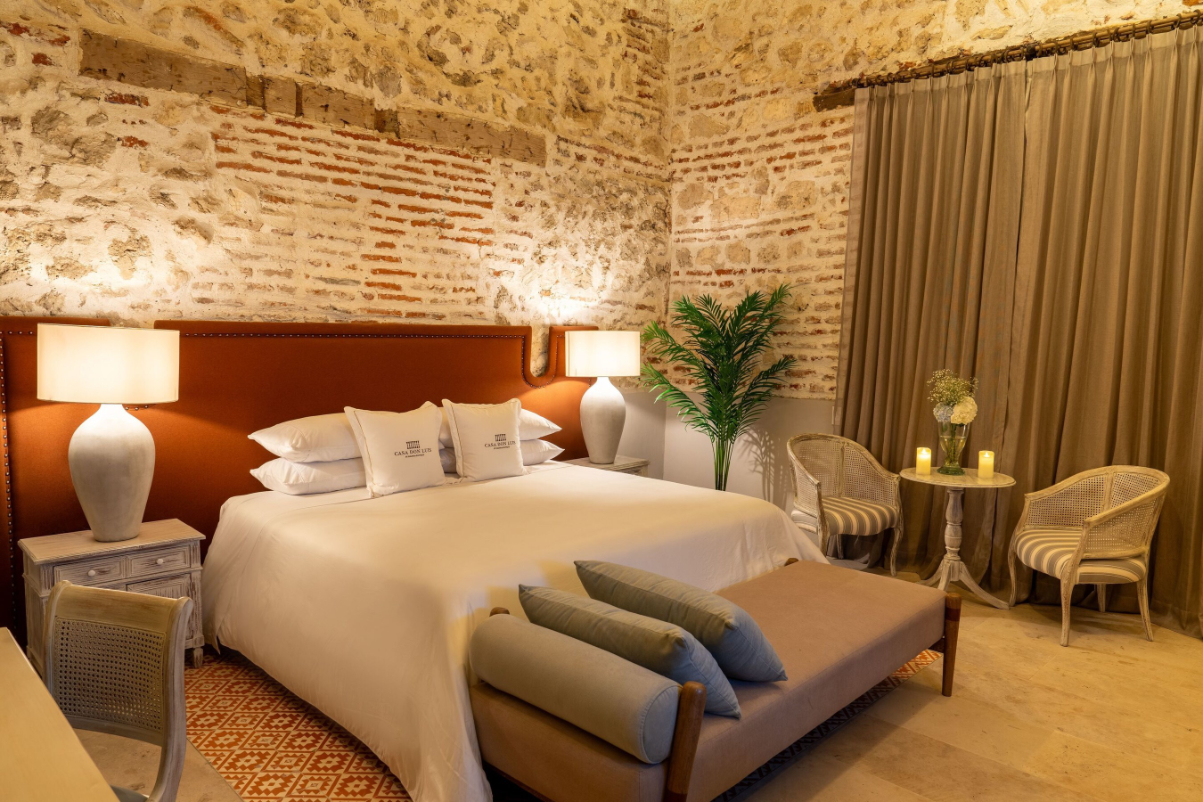New Hotel Tech: Room Service Robots and Holograms

Skift Take

Travel Tech Briefing
Editor’s Note: Exclusive reporting on technology’s impact on the travel industry, delivered every Thursday. The briefing will guide executives as they decide if their companies should “build, buy, or partner” to stay ahead.There are nearly 350 exhibitors showcasing hospitality tech products this week at the HITEC conference in Toronto. Property management systems and new door locks are critical for business.
But those aren't the displays drawing crowds. It’s, of course, the robots and the holograms. Because even in a giant room full of hoteliers serious about finding the best products, everyone loves a good robot.
Below are some of the most unique products from HITEC.
Robotis
A crowd was gathered around the Robotis booth this week to watch a robot called Gaemi wheel around a model hotel.
The robot, complete with an AI-enabled arm for pressing elevator buttons and knocking on doors, was demonstrating its ability to find its way through a hotel to deliver wine directly to a guest’s room.
Robotis is a public company based in South Korea that has been making humanoid robots for 20 years. Now, the company is ready to strengthen its presence in the hospitality industry, according to Aaron Park, chief business development officer for Robotis.
The company has Gaemi robots in some hotels, including Courtyard by Marriott and Mayfield Hotel & Resort, in Japan and South Korea.
“But in North America, it's our first time ever,” Park said.
Robotis is in search of hotel companies that would like to take part in a pilot program.
“After Covid, as we recover, many people have been asking for something that can at least help with a portion of the [staff] shortages in the delivery aspect,” Park said.
Holoconnects
There were plenty of holograms this year.
The first was of Frank Wolfe, the CEO of Hospitality Financial and Technology Professionals, which hosts the annual conference. His pre-recorded hologram told attendees, “Welcome to HITEC,” as they entered the conference area.
Attendees could become holograms themselves in a demonstration on the exhibition floor by the company Holoconnects.
On one side of the booth, the attendee stands in front of white backdrop and looks at the camera setup. On the other side of the booth, that video is projected into the Holobox product, a box lined with LED lights and concealed Bose speakers, meant to create the illusion that someone is actually standing inside.
Netherlands-based Holoconnects is promoting the product to the hotel industry — with its first location in the new Aiden hotel in Herning, Denmark — as a way for front-desk staff to serve several hotels from one remote location.
(See Skift’s story with comments from Holoconnects CEO Andre Smith.)
Piaggio Fast Forward
Piaggio Fast Forward is selling Gita, a robotic storage container that can follow its owner at a speed of up to six miles per hour.
The company had been focused on the consumer market, but Dominic Locasio was hired this year as senior director of hospitality sales to help the company move into that industry.
The Boston-based company is showcasing the product as something hotels could provide to guests as an amenity or rent out to them. A guest on the way to a resort pool, for example, could fill the container with a towel, sunscreen, water bottle, and a book. The user stands in front of the robot's face while pressing the activation button, and then the robot is locked onto the user and begins following.
“It's really about having robots that augment your staff to make things easier for people who work in the hotel — or something that you can really use as a wow factor to impress guests,” Locasio said.
Piaggio is looking for partners to pilot the product at their hotels.
“This is in, I would say, a transitional phase from becoming a cool toy to actually becoming something that can have an impact on your property,” Locasio said.
The Aggressive Good
The Aggressive Good is selling a tech-enabled snack dispenser meant to reduce food packaging.
The system is being used in some offices, and the company is now expanding into the hotel industry, according to Jennifer Look-Hong, CEO of the Canada-based company.
The dispenser would be placed in a common area of a hotel. The guest can tap a hotel key card onto the device's card reader, and the displayed price of the snack is charged to the guest's room. The user selects the amount of the snack to purchase and pushes the button to release that amount into a paper bag or other container.
“The idea is to get rid of all the in-room snacks,” Look-Hong said. “It reduces food waste as well because you're able to get exactly the amount that you want.”
The dispenser is also attached to software that she said helps the hotel track inventory and streamline logistics.





